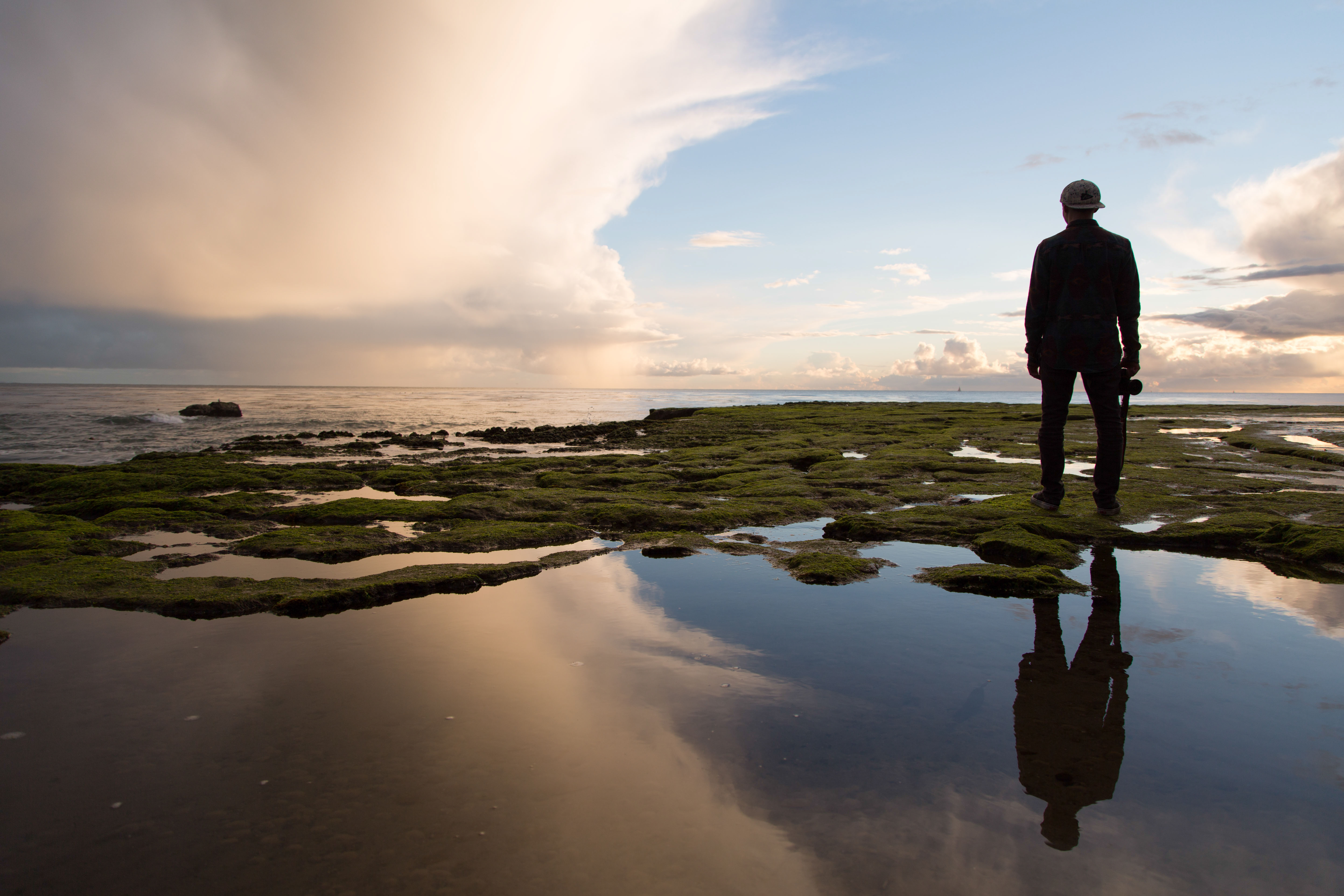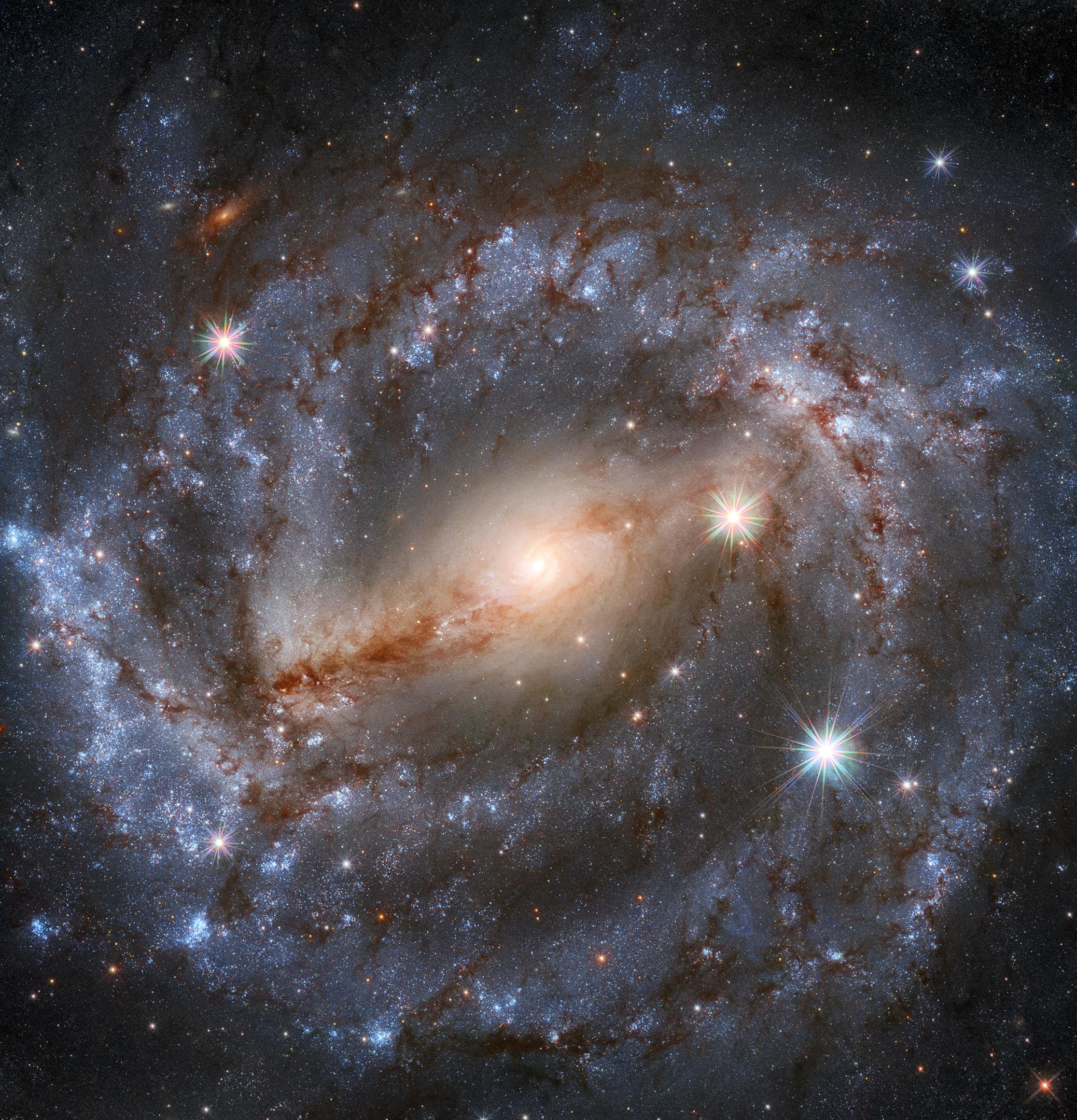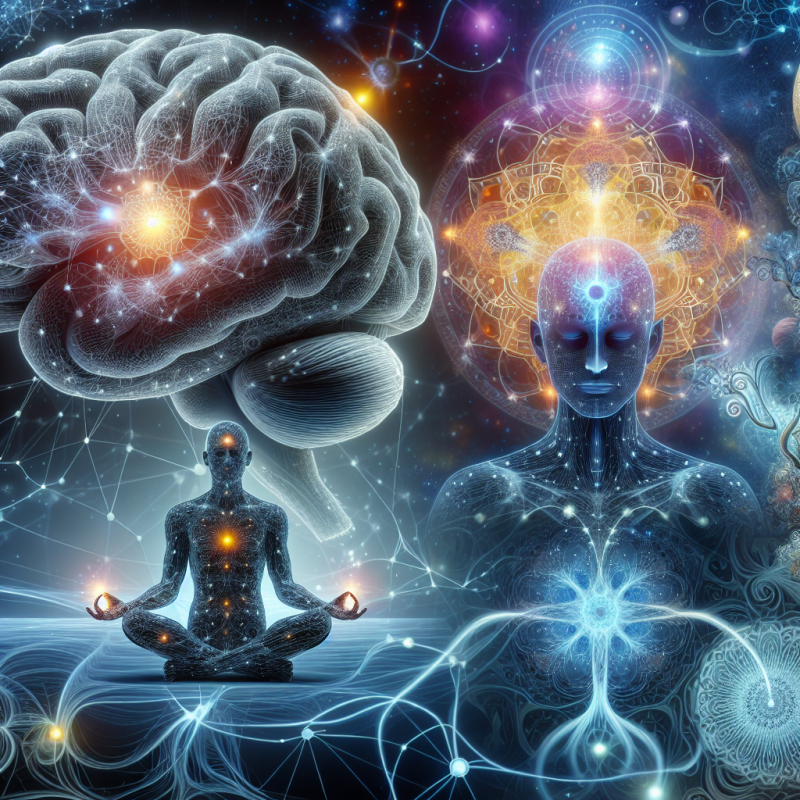“`html
The Intersection of Faith, Science, and Internal Belief: A Personal Reflection
As someone who has navigated the complex paths of both science and faith, it has become increasingly clear to me that belief in God—or any higher power for that matter—is not strictly a matter of empirical evidence. Instead, it is deeply personal, internal, and transcends the limitations of reason and logic. My journey has shown that faith and science, while often seen as opposites, both point toward truths that exist beyond what we can measure or prove. This revelation, though rooted in my own experiences, is something that I believe many can resonate with, regardless of their religious or spiritual traditions.
In my work straddling the worlds of artificial intelligence and spiritual reflection, I’ve seen how science catalogs the intricacies of the universe. And yet, when people speak of God’s presence in their lives, they draw on something much deeper than scientific facts—a peace, a conviction, and a leap into the unknown fueled by personal experience. It’s not something we quantify; it’s something we “know” at a level that transcends data and algorithms.
Science and Belief: Not a Contradiction
One of the challenges that I’ve personally faced is reconciling my analytical and scientific career with my spiritual beliefs. Christianity, like many faiths, is anchored in historical events and teachings, but ultimately, my own belief in God is less about pointing to external validation and more about the quiet confidence I feel internally. In many ways, this internal conviction echoes the subtle beauty I encounter in my scientific endeavors—complex systems that exhibit order, purpose, and design, even if the eye of human reason cannot always perceive it immediately.
For me, faith has never been about shutting down inquiry or turning away from the physical world. In fact, my faith has encouraged me to ask bigger questions—questions that extend beyond what a microscope or a spectrometer can answer. I am continually amazed at the underlying complexity of information that structures everything from atoms to galaxies, echoing divine intelligence. The quest for understanding in both science and spirituality are two sides of the same coin—in both cases, we are driven by awe.
Faith is Built Internally
Many people ask, “Where is the evidence for God?” I understand this question well. Early in my spiritual journey, I too sought after tangible proof. In fact, during moments of personal crisis—like when I faced near business failures or battled with health scares—I frequently turned to prayer looking for signs or external manifestations of divine intervention. Yet, over time, I realized that belief in God isn’t primarily supported by external evidences, but by an inner transformation that these moments of hardship facilitate.
Take the topic of forgiveness which I discussed in a previous article on kinship: My path to forgiving a deep personal betrayal had nothing to do with external arguments or evidence. It was a slow, internal process that made me understand the transformative and redemptive nature that God calls us to. Similarly, the belief in God more closely resembles the internal growth individuals undergo when they reflect on their life experiences. It is this personal reconciliation with belief, rather than external validation, that truly defines faith.
The Role of Evidence in Belief: Pointing, But Not Defining
That’s not to say evidence doesn’t matter at all. Certainly, I’ve marveled at the intricacies of quantum mechanics or the fine-tuning of the cosmos and seen reflections of divinity there. But here’s the crux: those evidences point to God, they don’t prove Him. Much like the tension between free will and neuroscience that we previously discussed, the search for direct “proof” of God through science is a somewhat misguided endeavor. Science depicts the “how,” but faith, I’ve come to learn, speaks to the “why.”
A great scientist or philosopher might show us the beauty of physical laws, the randomness of particles, or the elegance of an algorithm, but belief finds its strength—not in calculations—but in an inner sense of meaning. It’s akin to a calling or vocation that doesn’t easily fit into an empirical framework. Science offers bits and pieces of the divine puzzle, but faith ultimately requires making peace with uncertainty.
The Role of Doubt in Faith
Early in my faith journey, I struggled with doubt, especially while delving deep into scientific studies. Doubt, I came to believe, is not the enemy of faith. In fact, it’s part of the same process. Just as humanity’s greatest advancements in understanding the universe have started with questions and skepticism, my faith grew stronger when I embraced the challenge of my doubts. The complexities of consciousness, as explored in a prior article, echo this same tension—understanding the immaterial soul through a materialistic lens can generate doubt, but it can also magnify wonder.

In this sense, doubt acts as a driving force, not an obstacle. Rather than seeking to eliminate doubt, I’ve learned to let it sharpen the contrast between my desire for concrete evidence and my ultimate need for surrender into belief. “All things are possible for one who believes” (Mark 9:23)—but sometimes belief is found through navigating—rather than avoiding—the uncertainties and the paradoxes.
Faith Transcends, Science Illuminates
As a self-proclaimed advocate for both advancing technology and deepening our spiritual lives, I’m frequently asked how the two can coexist. The answer is simple to me: faith transcends, while science illuminates. Science may show us the remarkable order embedded in the chaos of the universe, but faith provides the lens through which we derive deeper meanings from those revelations. My work has been a testament to this dual reality—navigating the empirical while constantly mining for the spiritual gold within it.

Each has its place, and neither should be ignored. In fact, I argue that we need both to live lives of deep purpose and understanding. Technology offers us the tools to heal and connect the world, but it takes faith to ensure we use these tools for the greater good. That’s why I continually advocate for bridging science and faith. They’re not enemies, but co-laborers in the pursuit of truth.
Conclusion: The Power of Internal Belief
Ultimately, belief in God, whether Christian, Muslim, Hindu, or anything else, is not simply about logic, cosmology, or quantum physics. It’s about something far more profound: an internal conviction that transforms the way we live, think, and love. The recognition of a Creator does not come from a scientific deduction but from an inner desire to connect with something greater than ourselves. As I’ve learned through personal trials, frustrations, and moments of healing, this internal resonance offers more compelling testimony than any experiment could.
Let us not shy away from the intersection of faith and science, but instead, press into it. It’s here, in this rich and paradoxical ground, that we can find a life full of awe, mystery, and ultimate purpose.

Focus Keyphrase: internal belief in God
“`



I appreciate the thoughtful balance here. Faith and science aren’t opposites, and it’s refreshing to see doubt embraced as part of the journey toward deeper spiritual understanding.
It’s crucial we understand that faith is not at odds with science. Rather, both can provide insights into greater truths, when approached with the right mindset.